
Experts discuss the impact of biomarker testing on GU and lung cancers, as well as myeloma, emphasizing its role in personalized treatment and patient care advancements.

Experts discuss the impact of biomarker testing on GU and lung cancers, as well as myeloma, emphasizing its role in personalized treatment and patient care advancements.
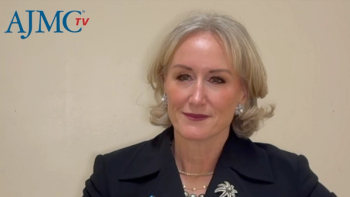
Alongside physician collaboration, patient advocacy is essential to ensure clinical trials and public policy reflect patient-centered outcomes.

Patient–physician collaboration ensures trials reflect outcomes that matter to patients, according to Debra Patt, MD, PhD, MBA, MPH.
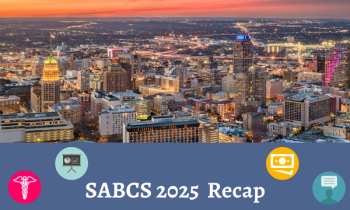
The San Antonio Breast Cancer Symposium fosters collaboration among experts, enhancing research and treatment strategies for breast cancer's complex landscape.
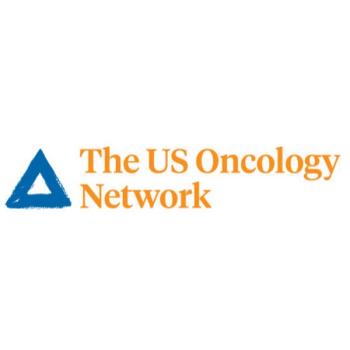
The US Oncology Network comprises over 3200 health care providers and 700 sites of service, with more than 70% of physicians participating in the Enhancing Oncology Model.

Debra Patt, MD, PhD, MBA, MPH, spoke at SABCS about the importance of patient-investigator collaboration to enhance the clinical trial process.
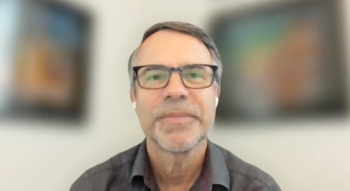
Ira Zackon, MD, discusses bispecific antibody use in multiple myeloma among community practices, reflecting real-world treatment trends.
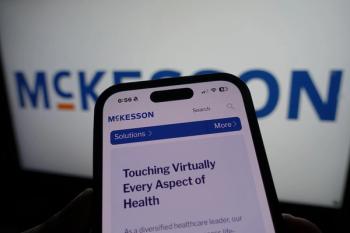
McKesson's report highlights key trends in community oncology, emphasizing patient-centered care, precision medicine, and the need for innovative clinical trials.
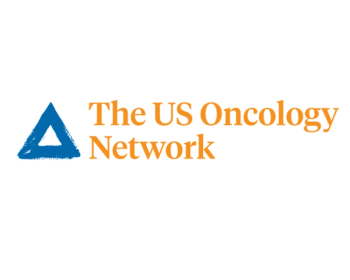
Leaders from The US Oncology Network and McKesson discuss how technology can enhance precision medicine and improve patient access to cutting-edge cancer treatments.

Explore the future of cancer treatment with tumor-agnostic therapies, as experts unveil promising trials and innovative drug developments at ESMO.
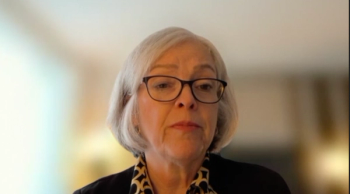
Susan Escudier, MD, FACP, of Texas Oncology, suggests actionable insights to improve equitable access to patient cancer care

Incorporating tools that gauge social determinants of health can improve patient access to cancer care, explained Susan Escudier, MD.

Susan Escudier, MD, discusses the practical implications of financial barriers for patients with cancer accessing oncology care.

A mini oral session at ESMO of targeted therapy in non-small cell lung cancer included treatments that showed effectiveness in brain metastases.

Explore cutting-edge discussions on patient-centered oncology, value-based care, AI innovations, and survivorship strategies Thursday and Friday at PCOC 2025 in Nashville.

Teclistamab shows promising real-world effectiveness and safety in older adults with relapsed/refractory multiple myeloma (R/R MM), matching clinical trial outcomes.

Remote patient monitoring enhances cancer care by improving outcomes and reducing emergency visits, despite challenges in reimbursement and technology access.
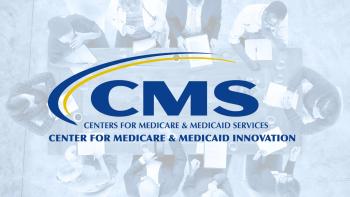
Community oncology leaders navigate challenges in value-based care under the Enhancing Oncology Model, facing performance payment uncertainties and evolving drug markets.

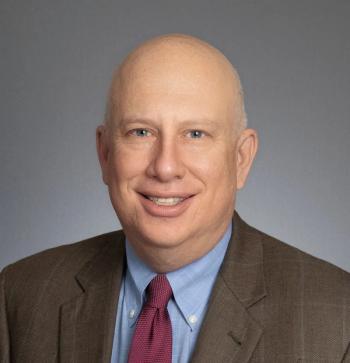
The COCOON trial reveals that prophylactic treatment reduces dermatological adverse events in NSCLC patients, enhancing their quality of life during amivantamab therapy.

A private oncology shared savings plan reduced colon cancer treatment costs. Results varied by tumor, with none in breast cancer and mixed effects in lung cancer.

The 2025 Community Oncology Conference empowered attendees with insights on advocacy, innovation, and practical strategies for enhancing community cancer care.

Experts at the Community Oncology Conference discuss innovative patient navigation programs, emphasizing technology's role and the importance of human connection in cancer care.
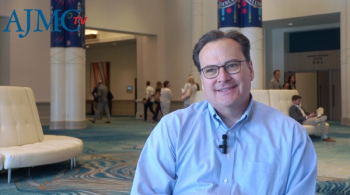
Lalan Wilfong, MD, of Thyme Care and Texas Oncology, discusses a session on circulating tumor DNA (ctDNA) and shares insight as chair of the Community Oncology Alliance (COA) Payer Reform Committee.

These advances are designed to improve uptake of biomarker-driven cancer care and reduce treatment delays.

Debra Patt, MD, PhD, MBA, executive vice president of Public Policy and Strategy for Texas Oncology, said the practice received positive feedback from nurses and patients during a pilot that concluded in February.

Experts shared details on health care contracting, setting up a centralized prior authorization pilot, and use of advocacy to win pharmacy benefit manager reforms at the state level.

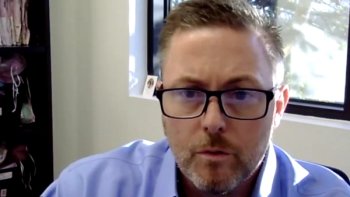
Some patients are better candidates than others for histotripsy to treat liver tumors, but ultimately, this treatment still requires a good multidisciplinary team, like any cancer treatment, said Shaun P. McKenzie, MD, FACS.

Histotripsy shows promise for treating liver tumors with minimal adverse effects, but limited long-term data and insurance hurdles hinder its adoption, says Shaun P. McKenzie, MD, FACS, of Texas Oncology.

259 Prospect Plains Rd, Bldg H
Cranbury, NJ 08512
© 2025 MJH Life Sciences®
All rights reserved.
